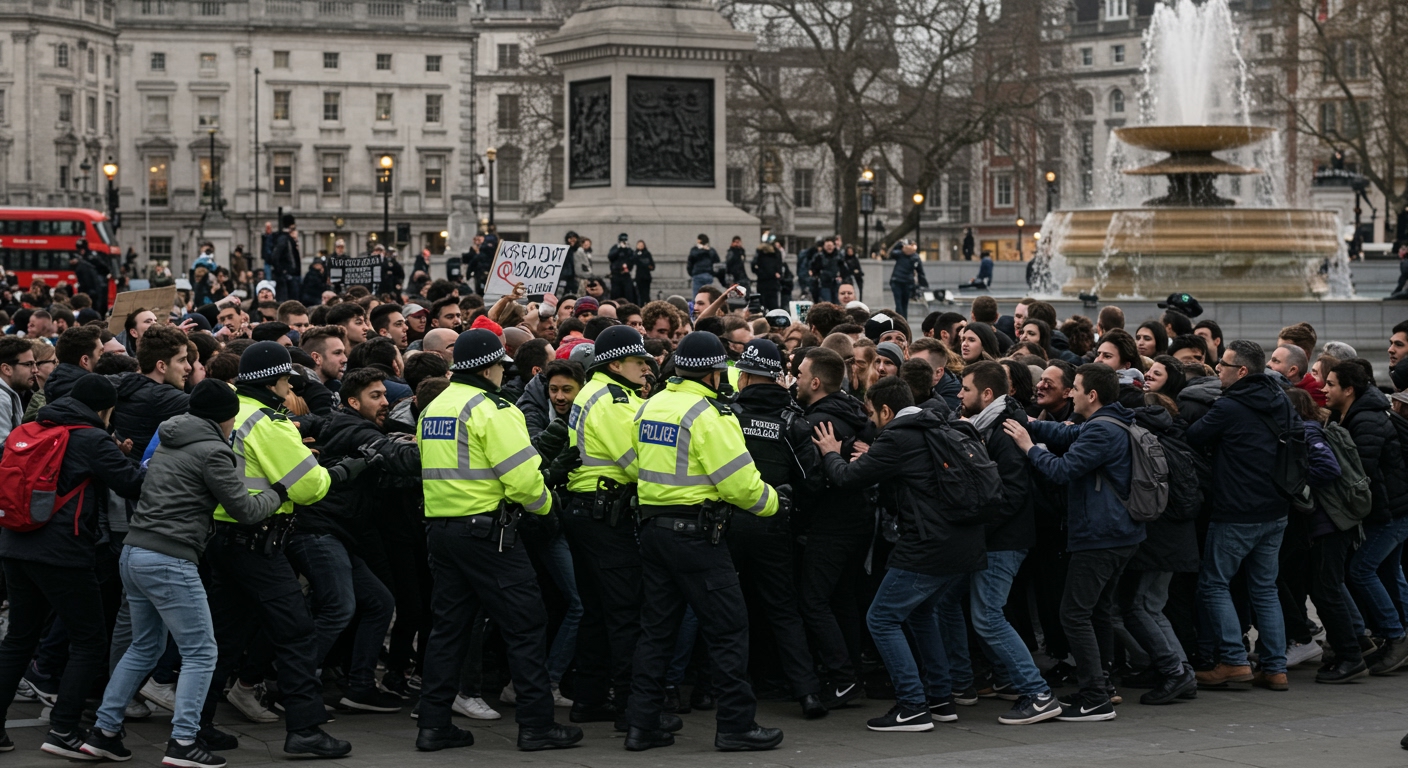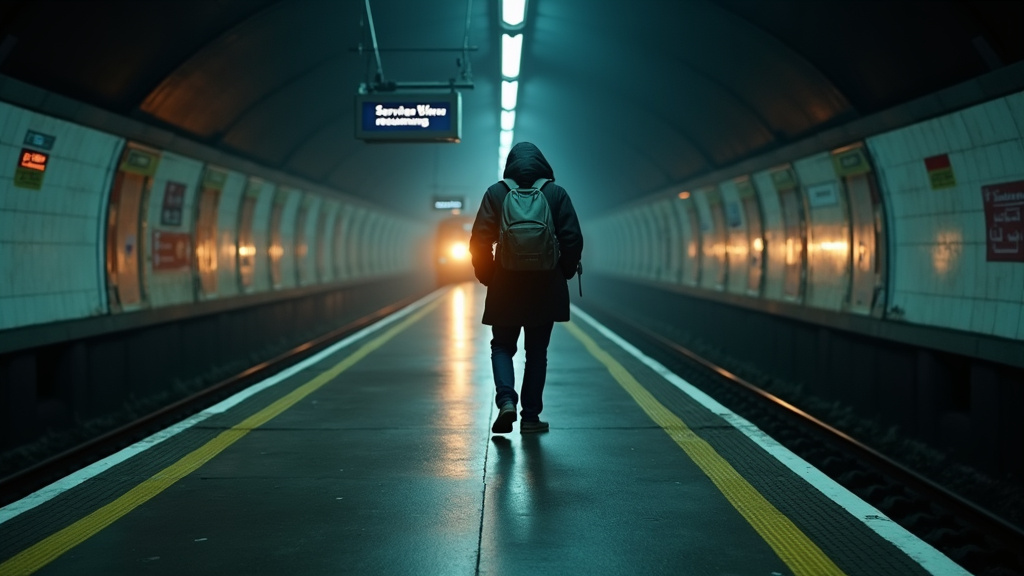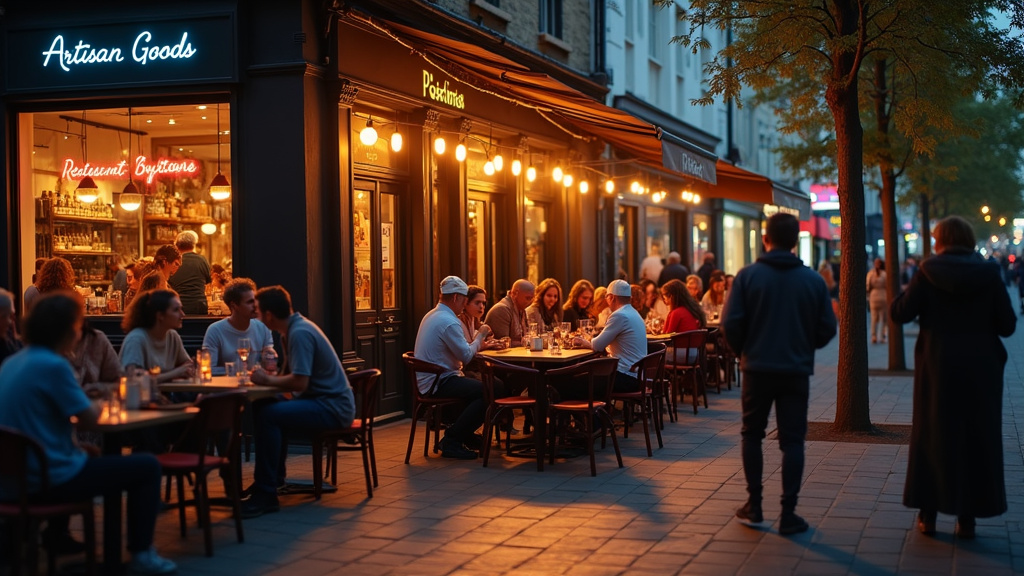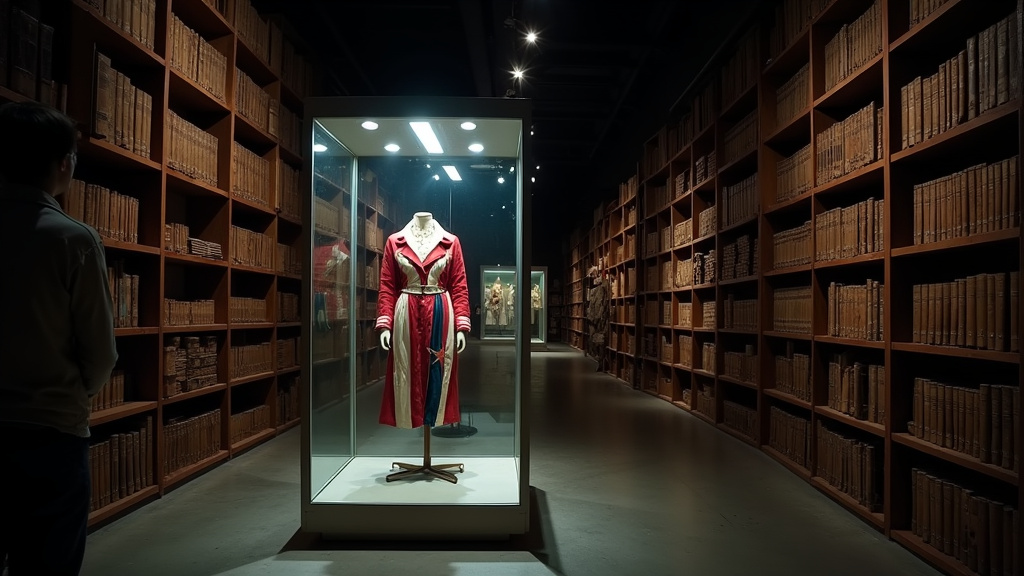London, UK – Protests escalated into clashes with police in central London’s Trafalgar Square today, following the United Kingdom government’s formal confirmation of its decision to ban the group Palestine Action under anti-terror laws.
The demonstration, which drew a significant crowd, took place in the prominent public space after its planned location outside the Houses of Parliament was changed earlier in the day. The relocation was a consequence of the Metropolitan Police imposing an exclusion zone around the parliamentary estate, a measure often implemented during significant events or security concerns.
Government Designates Palestine Action Under Anti-Terror Laws
The decision to proscribe Palestine Action was confirmed by Home Secretary Yvette Cooper. This action marks a significant step by the government, utilising powers under the UK’s anti-terror legislation to designate the group.
Speaking on the confirmation, the Home Secretary cited specific actions attributed to Palestine Action as the basis for the decision. Prominently mentioned was the vandalism of two planes at an RAF base, an incident that the government views as crossing a threshold requiring this level of response.
Proscription under anti-terror laws is a serious measure that designates an organisation as being concerned in terrorism. It is intended to disrupt the activities of groups that the government deems a threat to national security or public safety through terrorism.
The Home Secretary plans to formalise the proscription by laying an order before Parliament next week. This legislative step is crucial. If the order is debated and passed by both Houses of Parliament, it would give full legal effect to the ban, making membership of, and support for, Palestine Action illegal under UK law.
Protest Plans Altered, Shifting Focus to Trafalgar Square
Initially, demonstrators associated with or supporting Palestine Action had intended to gather directly outside the Houses of Parliament in Westminster. This location is a traditional site for political protest, allowing close proximity to the centre of government.
However, the Metropolitan Police, responsible for policing the capital and sensitive sites like Parliament, implemented an exclusion zone. This security measure effectively barred the protesters from their intended location, necessitating an alternative site for the demonstration.
Trafalgar Square, a historical and highly visible public square in central London, became the revised location for the protest. Hundreds gathered there throughout the day, with the atmosphere growing increasingly charged as news of the government’s ban confirmation spread among the crowd.
Clashes Erupt Amidst Police Operation
As the demonstration proceeded in Trafalgar Square, police maintained a significant presence. Tensions peaked when officers attempted to detain three individuals within the gathered crowd. The reason for the attempted detention of these specific individuals was not immediately specified in detail.
This police action triggered a forceful response from other protesters. Reports indicate that a number of demonstrators surrounded the police officers who were attempting the detentions. These protesters reportedly used force to try and free them, leading to a physical confrontation between sections of the crowd and the police.
In response to this specific incident involving the attempted detention and the surrounding of officers by the crowd, the Metropolitan Police confirmed that two arrests were made. Both arrests in connection with this confrontation were for the offence of obstruction.
Separately, and earlier in the day, a third individual was arrested. This arrest was made on suspicion of a racially aggravated public order offence, indicating a different nature of incident prior to the main confrontation in Trafalgar Square.
The actions of Palestine Action and the day’s events in London drew strong commentary from senior law enforcement. Met Commissioner Sir Mark Rowley offered a stark assessment of the group, describing Palestine Action as an “organised extremist criminal group“. This characterisation reflects the police’s official view on the nature of the organisation they are policing and whose activities led to the government’s proscription decision.
The Path Ahead: Parliamentary Approval and Legal Ramifications
The Home Secretary’s confirmation marks the executive phase of the proscription process. The group is now effectively designated by the government under anti-terror powers.
However, the full legal force of the ban, particularly regarding the criminalisation of membership and support, hinges on the parliamentary vote expected next week. If Parliament approves the order, it will become a criminal offence to be a member of Palestine Action or to provide it with support.
This development has significant implications for the group’s ability to operate legally within the UK and for individuals associated with it. The events in Trafalgar Square today underscore the contentious nature of the government’s decision and the immediate public reaction it has generated.
The government asserts that the proscription is a necessary legal tool to counter activities like those at the RAF base. The upcoming parliamentary debate will determine the final legal status of Palestine Action under UK law and is anticipated to be a key focus in the coming days.





